Holidays in Haiti
Haiti, the pearl of the Antilles, is a country rich in history and culture. Its public holidays are moments of celebration, commemoration and reflection on its glorious past. Each date has a special meaning, plunging Haitians into a festive and memorable atmosphere.
b~January 1: National Independence Day and New Year~b
January 1st is a doubly special day in Haiti. On the one hand, it is National Independence Day, commemorating the victory of Haitian slaves over French colonial forces in 1804. On the other hand, it is New Year’s Eve, marking the start of a new year full of promises and hopes.
b~January 2: Feast of the Forefathers~b
January 2 is dedicated to the memory of ancestors. It is an opportunity for Haitians to remember their roots, to celebrate the cultural heritage passed down from generation to generation.
b~February: Carnival, Shrove Monday, Fat Tuesday, Ash Wednesday~b
The month of February is marked by Carnival, one of the most colorful and dynamic festivities in Haiti. The streets fill with parades, lively music and wild dancing. Mardi Gras is the culmination of Carnival, followed by Ash Wednesday, marking the start of Lent.
b~April: Easter, Maundy Thursday, Good Friday~b
Easter celebrations in Haïti include the religious traditions of Maundy Thursday and Good Friday. It is a time of prayer and reflection for many Haitians.
b~May 1: Agriculture and Labor Day~b
May 1 is dedicated to celebrating the work and importance of agriculture in the life of the country. It is an opportunity to recognize the efforts of workers and to highlight the agricultural sector.
b~May 18: Flag Festival~b
Flag Day celebrates the Haitian flag, a symbol of independence and national pride. Haitians honor their colors and remember the courage of their ancestors in the fight for freedom.
b~May 23: National Sovereignty Day~b
This day commemorates the recognition of Haitian sovereignty by France in 1805. It is a moment of national pride and reaffirmation of independence.
b~May - August: Ascension~b
The Ascension is celebrated between May and August, a religious festival marking the ascension of Jesus Christ into heaven.
b~June: Fête-Dieu~b
Fête-Dieu, also known as the Feast of the Body and Blood of Christ, is an important religious celebration in June.
b~August 15: Assumption of Mary~b
The Assumption of Mary is a Christian holiday marking the ascension of the Virgin Mary into heaven. It is celebrated with fervor in Haiti.
b~September 20: Birth Anniversary of Jean-Jacques Dessalines~b
This date commemorates the birth of Jean-Jacques Dessalines, one of the founding fathers of Haïti and a key leader in the struggle for independence.
b~October 17: Death of Dessalines~b
October 17 is a day of commemoration of the death of Jean-Jacques Dessalines, recalling his impact on Haitian history.
b~November 1: All Saints’ Day~b
All Saints’ Day is a religious holiday honoring all saints, celebrated with prayers and visits to cemeteries.
b~November 2: Day of the Dead~b
All Souls’ Day is an opportunity to pay homage to the deceased by decorating graves and participating in religious ceremonies.
b~November 18: Commemoration of the Battle of Vertières~b
This day honors the decisive Haitian victory at the Battle of Vertières in 1803, marking the end of the French occupation.
b~December 5: Discovery Day~b
December 5 celebrates the discovery of the island by Christopher Columbus in 1492.
b~December 25: Christmas~b
Christmas celebrations in Haïti are marked by family reunions, festive meals and religious traditions.
Public holidays in Haïti are much more than breaks from everyday life; these are moments that embody the soul and resilience of a people. Each celebration provides an opportunity to come together, remember the past and look to the future with hope and determination.
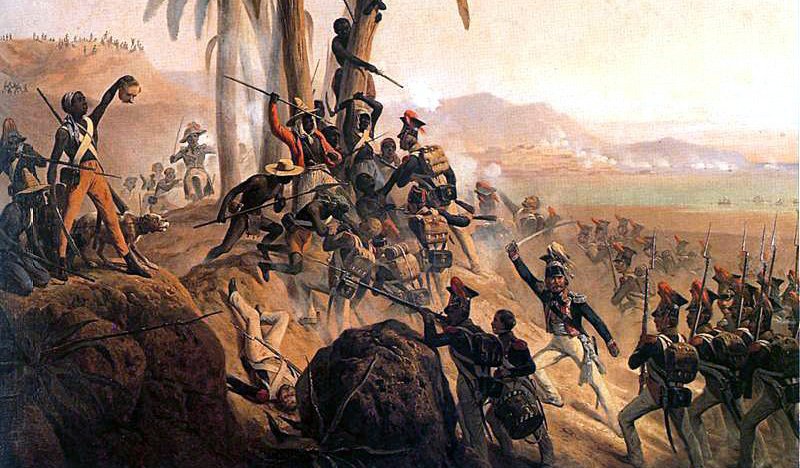









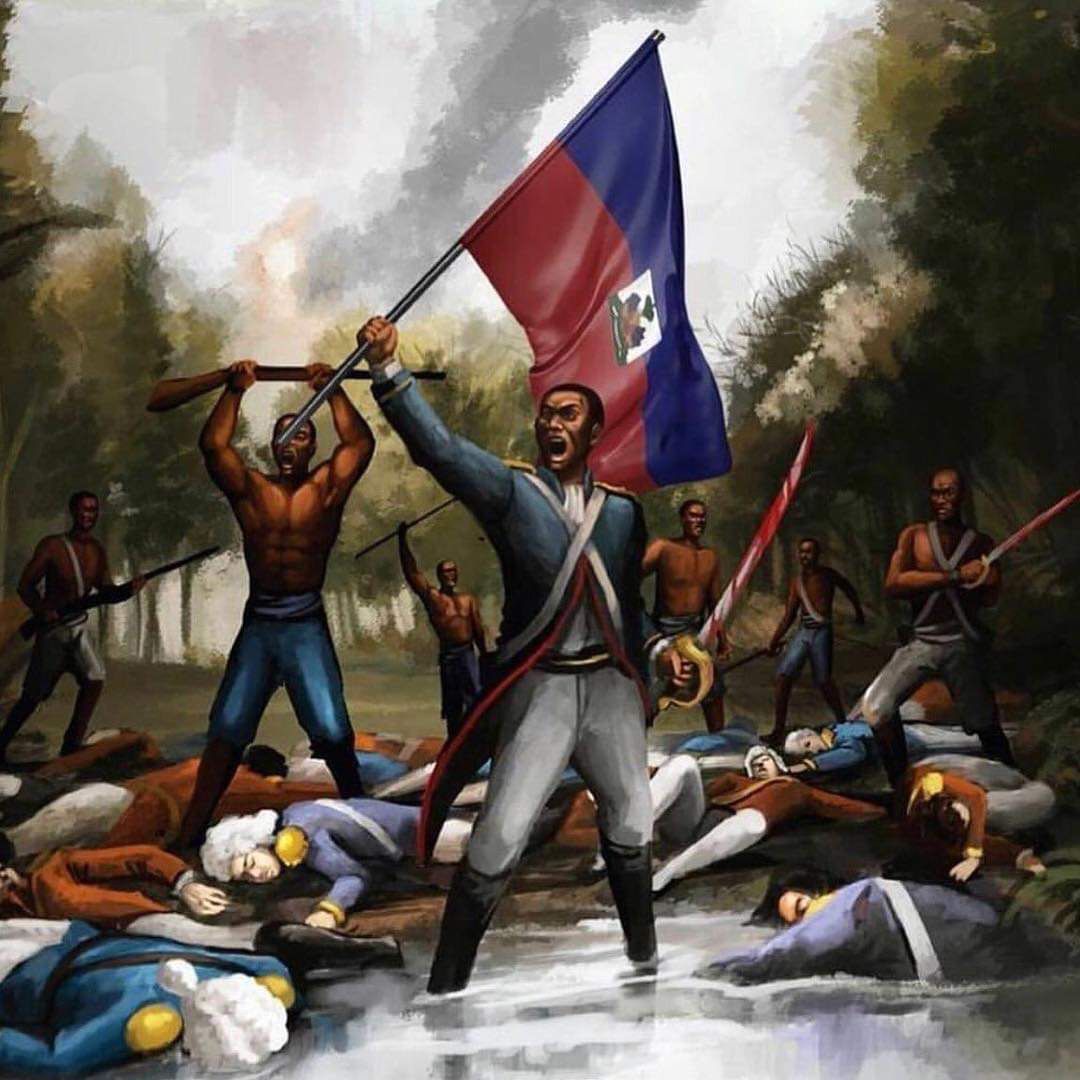




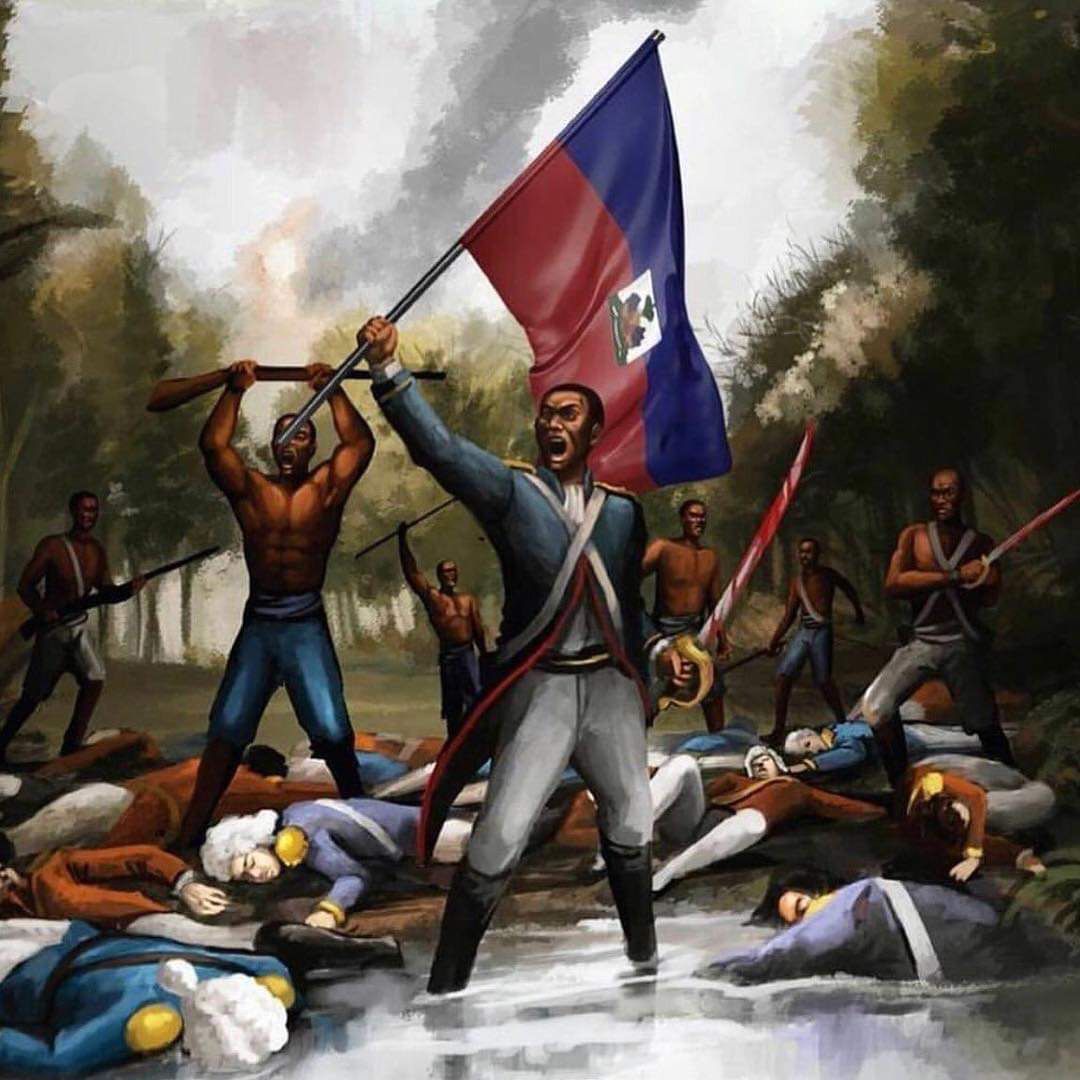



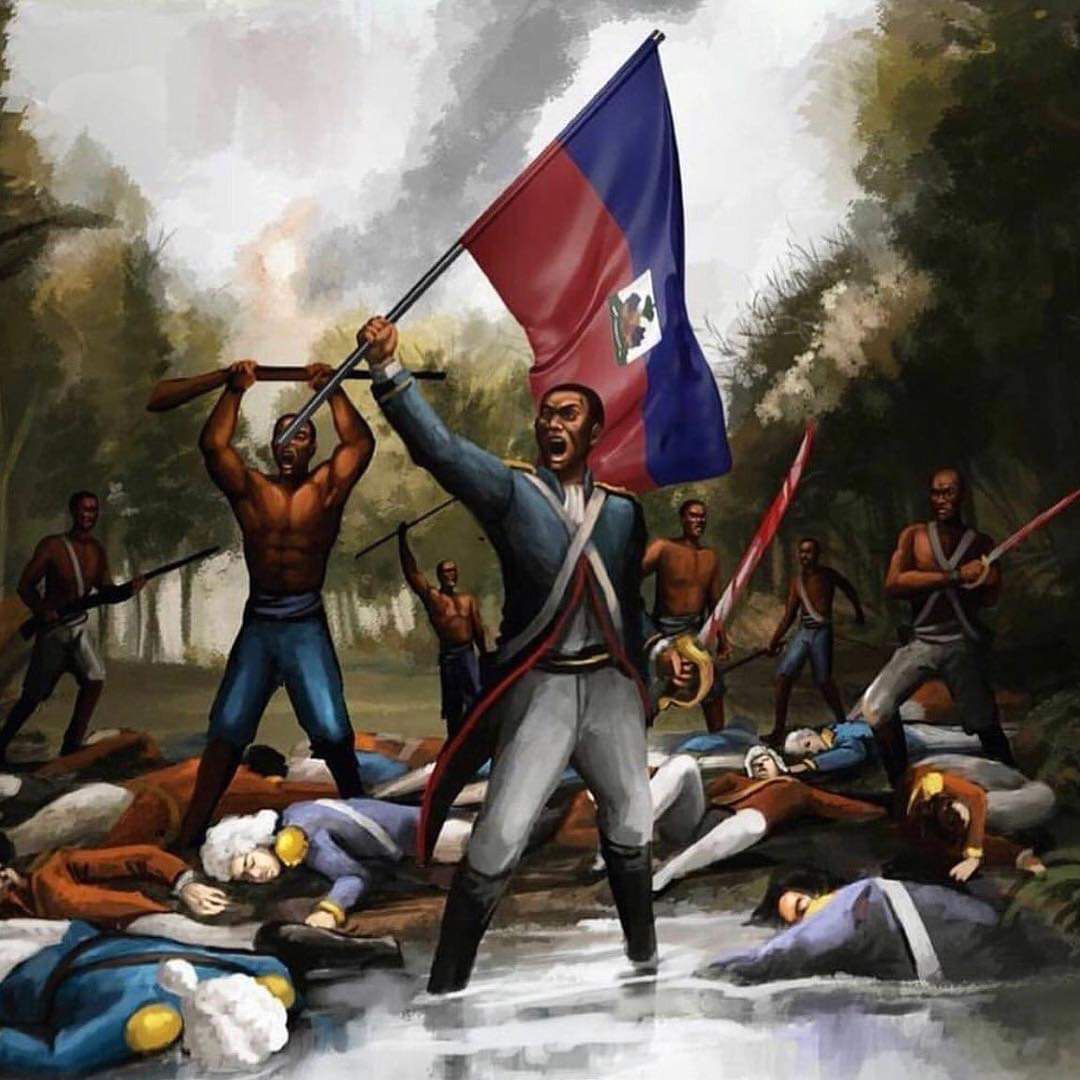
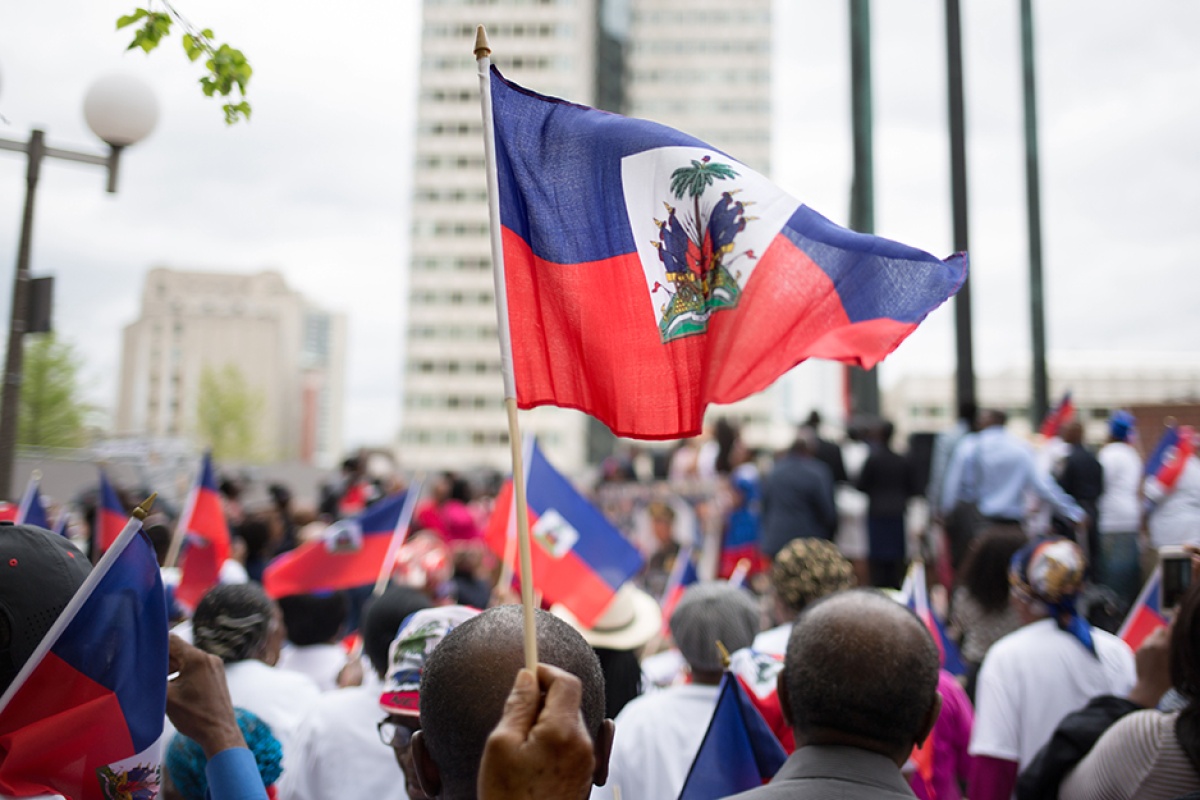
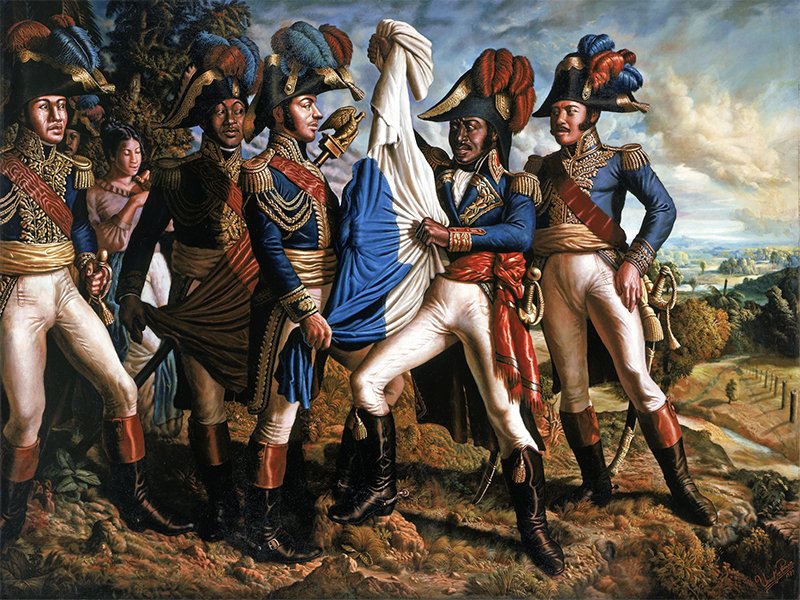

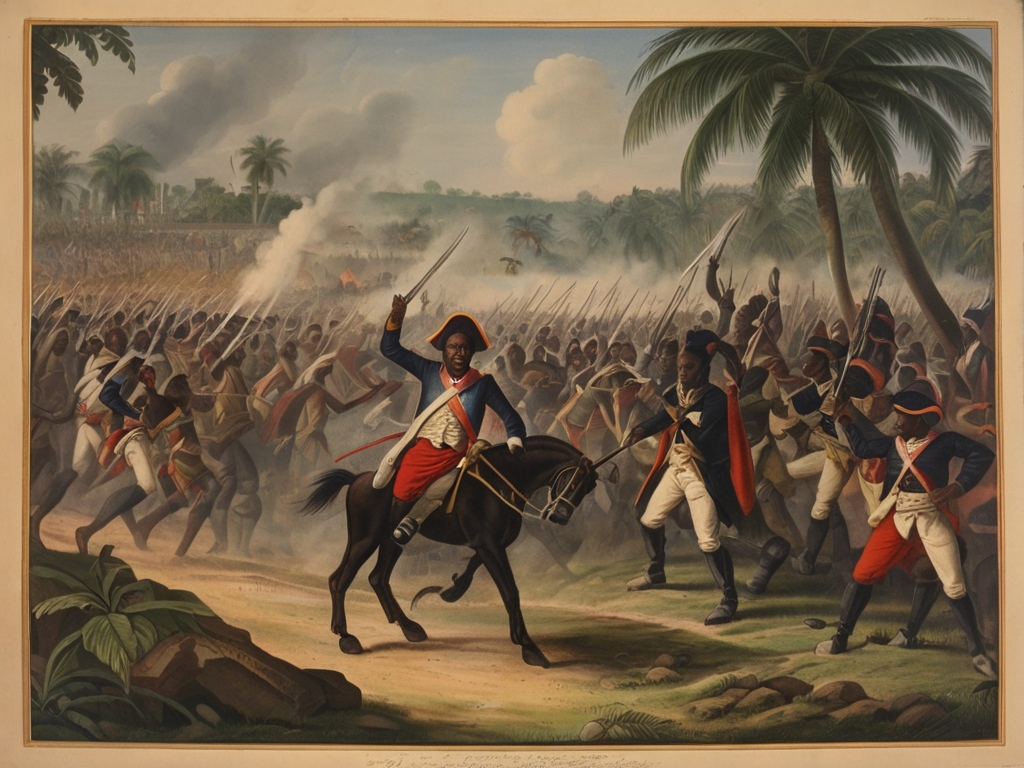


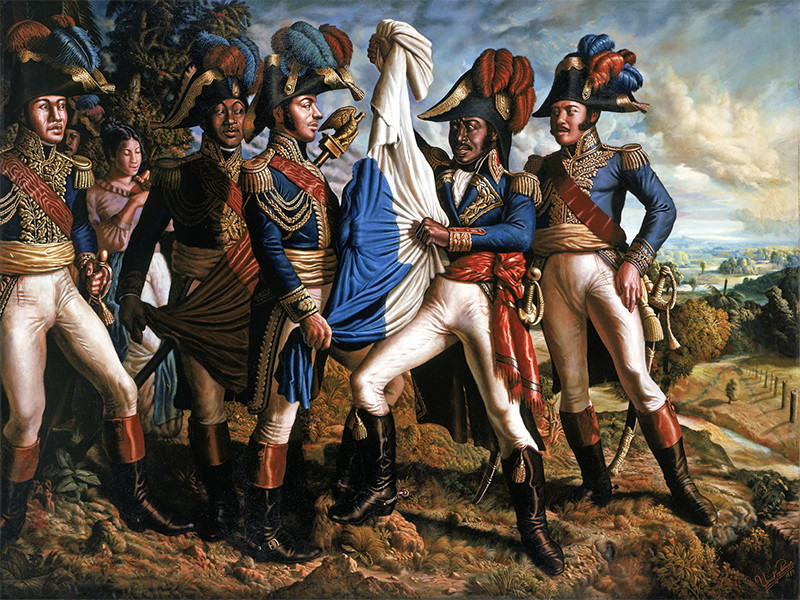
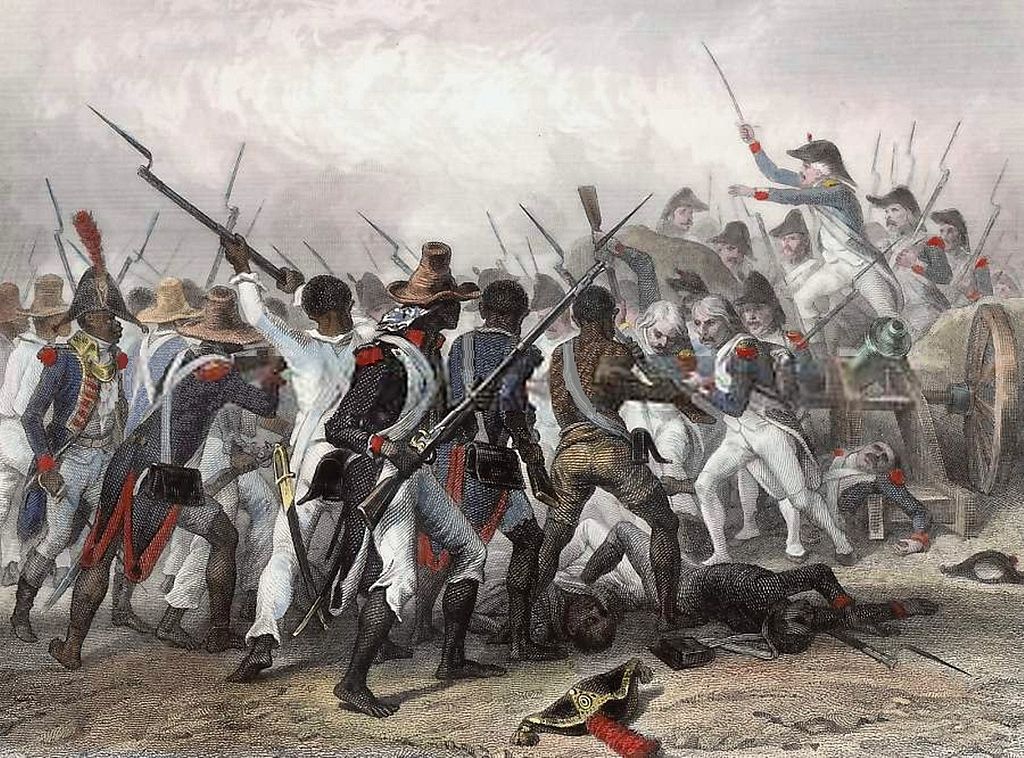
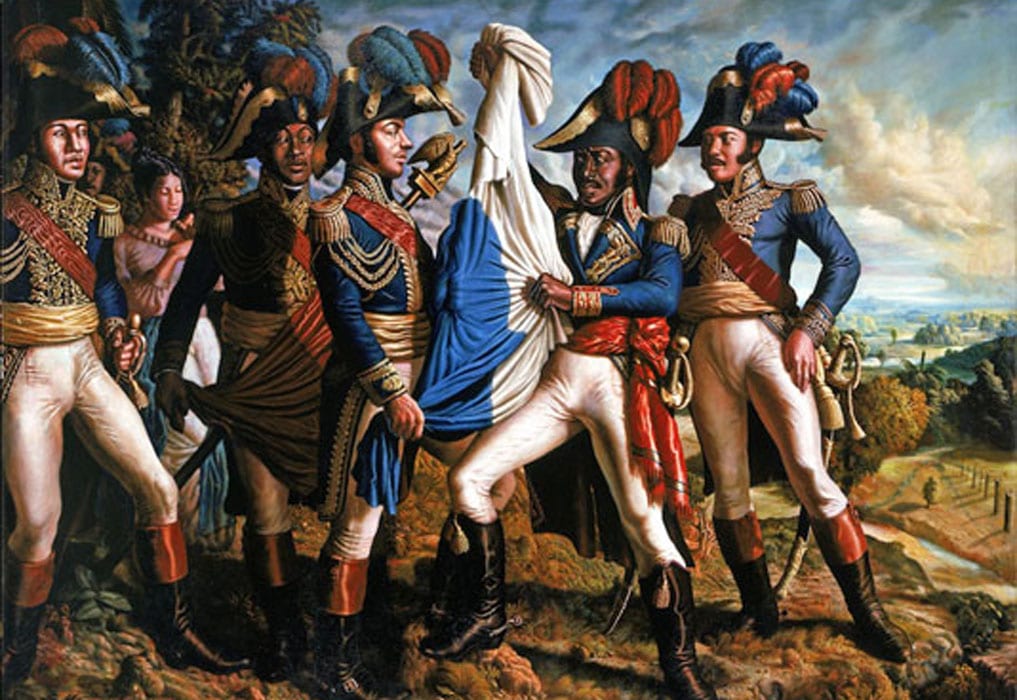


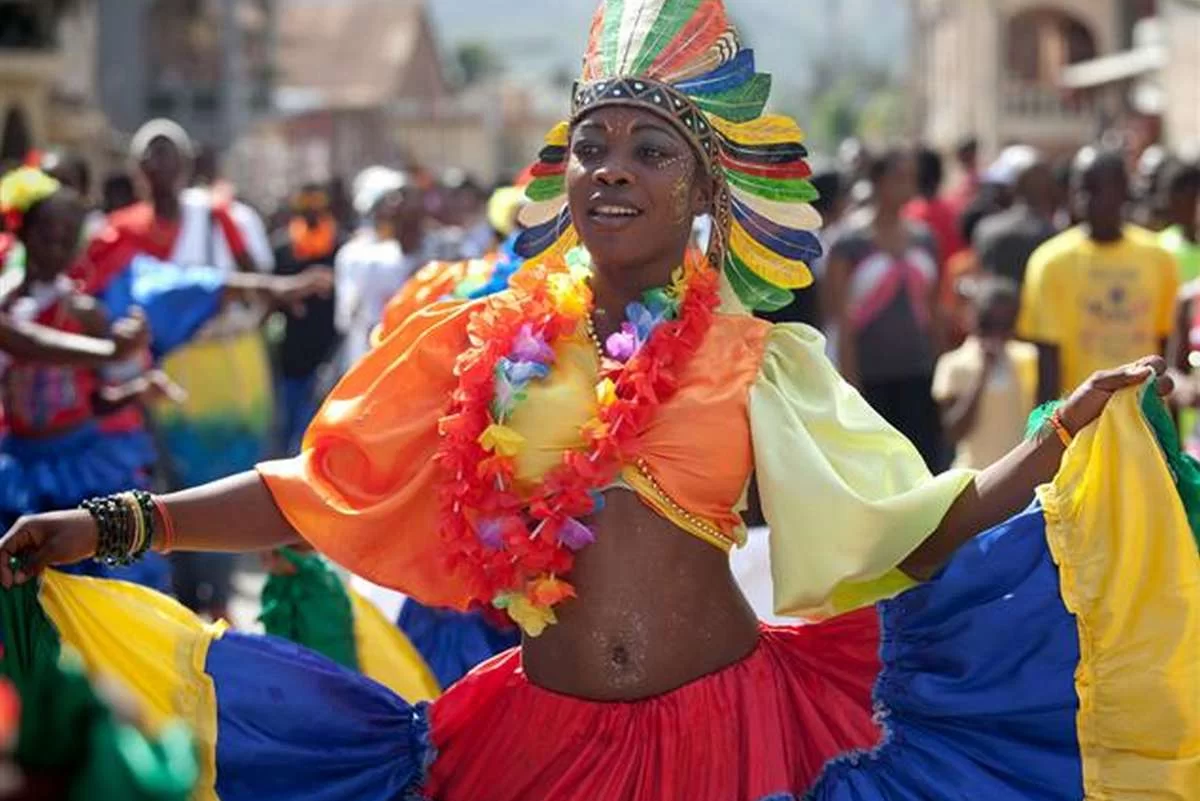
























































Félicitations mon frère
November 12, 2025 - 10:28:14 AM